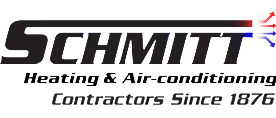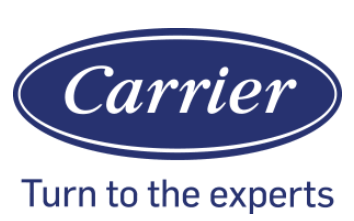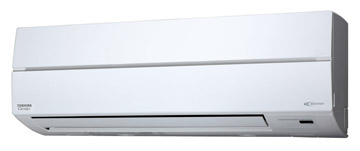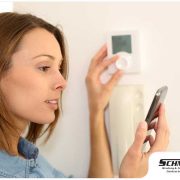The Pros and Cons of Variable-Speed HVAC
Variable-speed technology stands out as a pinnacle of comfort and efficiency with the promise of utility savings and enhanced comfort. However, like any technology, it comes with its own set of advantages and disadvantages. In this post, Schmitt’s expert technicians will explore both sides to help homeowners make an informed decision.

Enhanced Comfort Through Consistent Temperatures
Variable-speed HVAC systems can adjust their output to match the exact heating or cooling needs of your home. Unlike traditional single-speed units that turn on and off at full blast and may cause uneven temperatures, variable-speed units operate almost continuously at lower speeds. This precision ensures a more consistent temperature throughout your home and reduce any odd temperatures
Superior Energy Efficiency
Perhaps the most significant advantage of variable-speed technology is its potential for energy savings. These systems operate more efficiently by adjusting their speed to maintain comfort levels without the constant on and off cycling of traditional units. This mode of operation not only consumes less electricity but can also qualify homeowners for utility rebates, which makes it an environmentally and wallet-friendly option.
Humidity Control for Healthier Indoor Air
Fluctuating climates can make humidity control within the home a challenge. Variable-speed HVAC systems excel in this area by running longer at lower speeds, which allows for more effective removal of moisture from the air. For residents near the bay, where humidity levels can fluctuate, this means a more comfortable and healthier indoor climate, as well as reduced risk of mold growth.
Quiet Operation
One of the overlooked benefits of variable-speed HVAC units is their quiet operation. Because these systems can run at lower speeds, they produce significantly less noise compared to the loud blast of air from single-speed systems. This makes them ideal for homes in quieter neighborhoods or if you’d just like to have a quiet and relaxing space.
Higher Initial Costs
Despite the numerous benefits, the primary drawback of variable-speed HVAC systems is their initial cost. The advanced technology and superior performance of these units come at a higher price point. However, the long-term energy savings and increased home comfort can offset the initial investment over time.
Potential Compatibility Issues
Another consideration for homeowners is the compatibility of variable-speed systems with existing HVAC infrastructure. Some older homes may require upgrades to ductwork or insulation to fully benefit from the advanced capabilities of variable-speed technology, potentially increasing the overall cost of installation.
Now that you know the pros and cons of variable HVAC units, you can have them installed with the help of Schmitt. Call us today at (415) 689-7849 or fill out this contact form to reach us.









Leave a Reply
Want to join the discussion?Feel free to contribute!